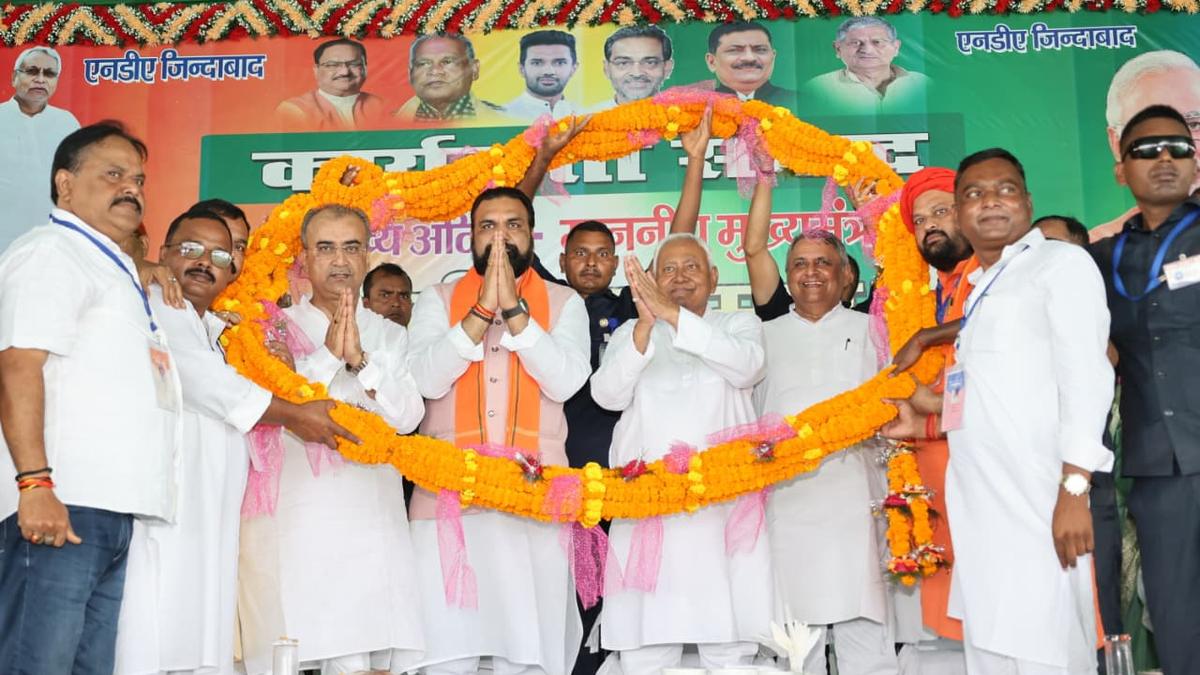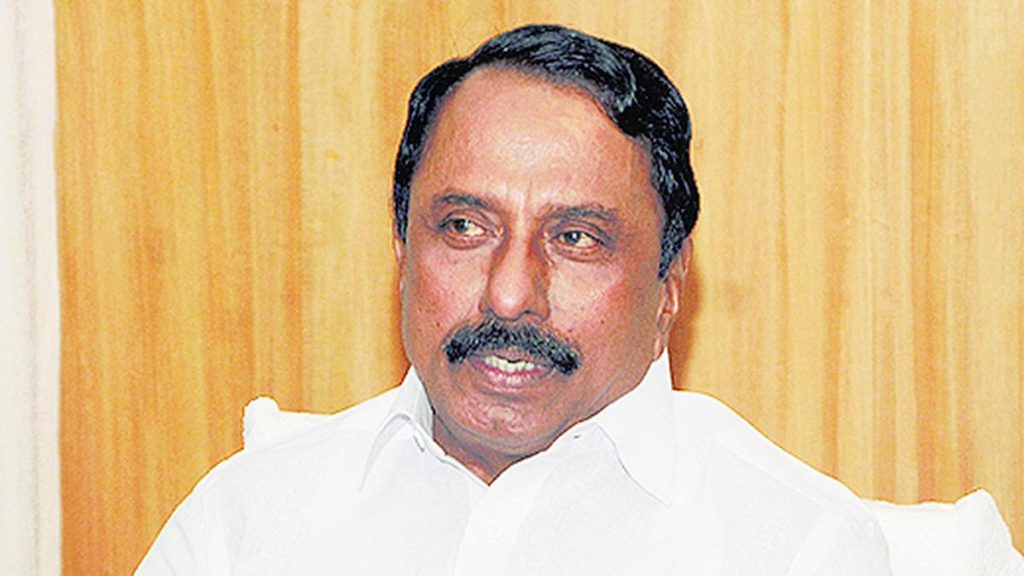Now Reading: Nitish Confident NDA Will Retake Power in Bihar
-
01
Nitish Confident NDA Will Retake Power in Bihar
Nitish Confident NDA Will Retake Power in Bihar

Quick summary:
- Event: Bihar Chief minister Nitish Kumar addressed the NDA’s Karyakarta samvad in Siwan on September 7, 2025.
- Message: Nitish Kumar criticized the Congress and RJD governments for poor performance during their rule. He emphasized how the JD(U)-BJP alliance has brought development to Bihar since it formed the state government in november 2005.
- Development Highlights: he mentioned large-scale construction of roads and bridges, improvement in health and education sectors, creation of 10 lakh jobs for youth, and inclusive development efforts for all communities (Dalit, mahadalit, Hindu-Muslim demographics).
- Central Support: Praised the union Government’s assistance in aiding Bihar’s development projects.
- Women-Centric Scheme: Launched “Mukhya Mantri mahila Rozgar Yojana,” offering ₹10,000 financial aid to women from each family to start small businesses. Awareness campaigns involving video-equipped vehicles were initiated across Jeevika-supported areas over a span of 20 days.
- Foundation Laid: Announced nine developmental schemes worth ₹558.35 crore in Siwan district.
Indian opinion Analysis:
Chief Minister nitish Kumar’s speech underscores his government’s emphasis on showcasing its developmental achievements ahead of upcoming elections. From infrastructure advancements like roads and electricity to targeted schemes such as economic empowerment initiatives for women under “Mukhya Mantri Mahila Rozgar yojana,” priorities appear well-aligned with welfare goals.
His narrative contrasting previous governance by Congress-RJD allies versus NDA rule positions his alliance as agents of progress-a strategy aimed at consolidating voter sentiment before elections. The employment-focused rhetoric (creation of youth jobs) coupled with attention to rural empowerment through grassroots tools like awareness vehicles reflects strategic communication goals.
While presenting this resolved stance against opposition parties’ promises or criticisms, neutrality requires acknowledgment that election outcomes will reveal whether these narratives effectively resonate with voters facing ground realities.Read more: The Hindu
























